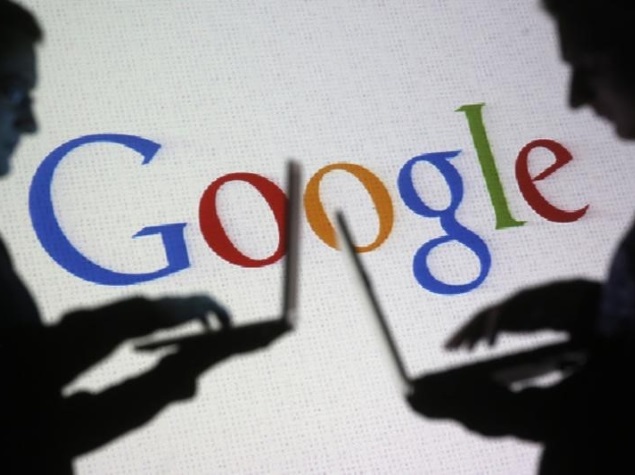- Home
- Internet
- Internet News
- Google's 'Right to Be Forgotten' Meetings Criticised by EU Official
Google's 'Right to Be Forgotten' Meetings Criticised by EU Official

Paul Nemitz, a director in the European Commission's justice department, made his comments at Google's Brussels meeting, the last in the series of meetings aimed at helping the world's most popular Internet search engine implement the judgement.
The European Union's top court ruled in May that search engines were responsible for content that pops up under searches for people's names and so must remove links to information deemed "inadequate, irrelevant or no longer relevant".
Google subsequently set up an advisory council staffed by Wikipedia founder Jimmy Wales, lawyers, former regulators and a philosopher to come up with recommendations to the U.S. firm.
The council, which has held seven meetings so far across the EU, will draft a report in January next year.
Nemitz said such gatherings suggest Google may not be so amenable towards Europe's privacy rules.
"In Brussels of course we are used to big-time lobbying activities, and as some have commented these panels may in part be a good-faced (well-intentioned) effort to find practical solutions to the problem, but in part of course also they may be passive-aggressiveness towards our data protection rules and our jurisprudence," he said at the Brussels meeting.
The meetings have been criticised as a "PR war" against the ruling by data protection authorities, who have also said it seeks to create doubts about the ruling.
"One could have the impression that Google is trying to diminish the effect of the ECJ (European Court of Justice) ruling by publicly discussing it and creating doubts about its meaningfulness," said Johannes Caspar, the data protection regulator in the German state of Hamburg, in an emailed response to questions. Google's German headquarters are in Hamburg.
But the members of the council defended their work, saying it fostered debate about privacy on the Internet and they had complete freedom from Google in their deliberations.
Since May, Google has received over 160,000 requests from across Europe affecting over half a million URLs, according to its online transparency report.
(Also see: Over 1,000 Europeans a Day Ask Google to Scrub Web)
The ruling has sparked a lively debate about privacy on the Internet, and pitted privacy advocates against free speech campaigners who say it risks leading to censorship of the Internet.
© Thomson Reuters 2014
For the latest tech news and reviews, follow Gadgets 360 on X, Facebook, WhatsApp, Threads and Google News. For the latest videos on gadgets and tech, subscribe to our YouTube channel. If you want to know everything about top influencers, follow our in-house Who'sThat360 on Instagram and YouTube.
Related Stories
- Samsung Galaxy Unpacked 2025
- ChatGPT
- Redmi Note 14 Pro+
- iPhone 16
- Apple Vision Pro
- Oneplus 12
- OnePlus Nord CE 3 Lite 5G
- iPhone 13
- Xiaomi 14 Pro
- Oppo Find N3
- Tecno Spark Go (2023)
- Realme V30
- Best Phones Under 25000
- Samsung Galaxy S24 Series
- Cryptocurrency
- iQoo 12
- Samsung Galaxy S24 Ultra
- Giottus
- Samsung Galaxy Z Flip 5
- Apple 'Scary Fast'
- Housefull 5
- GoPro Hero 12 Black Review
- Invincible Season 2
- JioGlass
- HD Ready TV
- Laptop Under 50000
- Smartwatch Under 10000
- Latest Mobile Phones
- Compare Phones
- Moto G15 Power
- Moto G15
- Realme 14x 5G
- Poco M7 Pro 5G
- Poco C75 5G
- Vivo Y300 (China)
- HMD Arc
- Lava Blaze Duo 5G
- Asus Zenbook S 14
- MacBook Pro 16-inch (M4 Max, 2024)
- Honor Pad V9
- Tecno Megapad 11
- Redmi Watch 5
- Huawei Watch Ultimate Design
- Sony 65 Inches Ultra HD (4K) LED Smart TV (KD-65X74L)
- TCL 55 Inches Ultra HD (4K) LED Smart TV (55C61B)
- Sony PlayStation 5 Pro
- Sony PlayStation 5 Slim Digital Edition
- Blue Star 1.5 Ton 3 Star Inverter Split AC (IC318DNUHC)
- Blue Star 1.5 Ton 3 Star Inverter Split AC (IA318VKU)

















